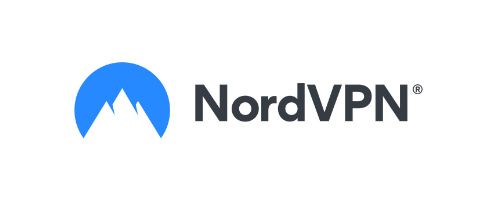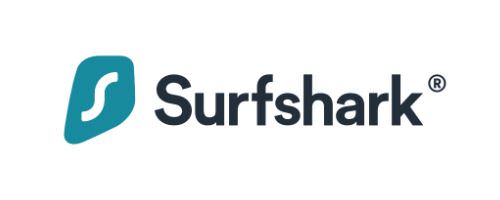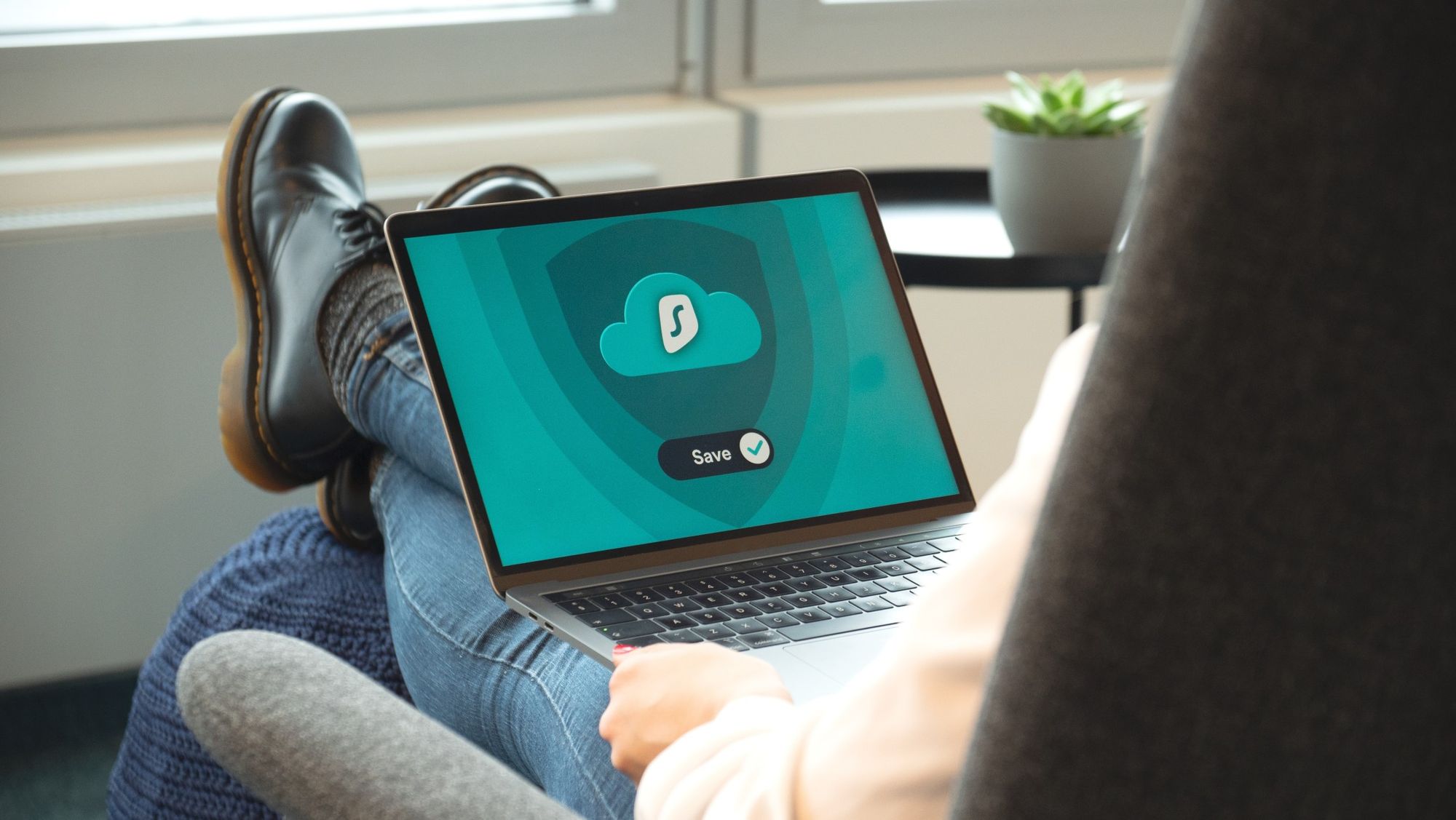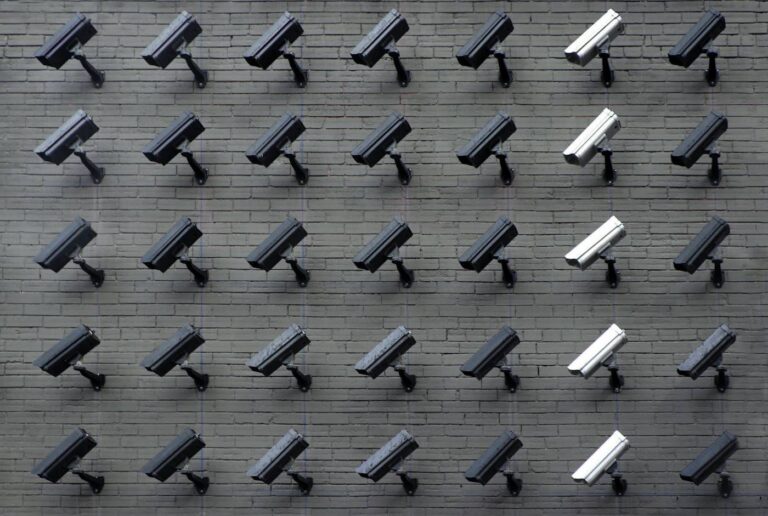If you’re worried about your online privacy in this era of increasingly intrusive government surveillance, you’re not alone.
The Five Eyes Alliance is a group of countries that engage in intelligence-sharing activities, including the monitoring of their own citizens. Many people are concerned about the implications of this type of surveillance and are seeking ways to protect themselves online.
In this article, we’ll explain what The Five Eyes Alliance is and why it is relevant for online privacy. We’ll also discuss how VPN technology can help protect your internet activity from prying eyes.
Whether you’re new to the concept of VPNs or you’re looking to choose a new VPN provider, this article will cover everything you need to know. So sit tight and read on!
• The best VPN for privacy is NordVPN.
• The Five Eyes, Nine Eyes, and Fourteen Eyes alliances are signals intelligence alliances between different countries.
• These alliances can affect online privacy, as they may engage in surveillance activities and share intelligence.
• While VPNs can help protect online privacy, they cannot offer complete protection from surveillance.
• NordVPN, ExpressVPN, and Surfshark VPN are the top three VPN providers located outside the Fourteen Eyes jurisdictions.
NordVPN – The Best VPN for Privacy
When it comes to VPNs, there are numerous providers out there that offer decent online privacy protections. However, few can deliver a stellar performance, solid connections, and an experience that “just works”. In my opinion, NordVPN stands out as the best VPN provider for users who value privacy. Here are some of the reasons why:
Out-of-the-box configurations
NordVPN comes preconfigured with easy-to-use settings that are optimized for online privacy. It doesn’t require extensive technical knowledge to get started, making it accessible for users of all levels of technical proficiency.
Customization options
For more advanced users, NordVPN offers a plethora of customization options to tweak your VPN settings to your liking. This makes it possible to fine-tune your VPN to fit your specific needs, whether that’s to maximize speed, optimize settings for a particular region, or to tune privacy settings more exactly.
Additional services
Unlike many other VPN providers, NordVPN goes beyond just basic VPN services.
In addition to encrypted browsing, it includes other privacy features such as Threat Protection (blocks ads and malicious trackers), DarkWeb Monitor (scans the dark web for leaks that include your email addresses), as well as additional paid services such as NordPass (a secure password manager), NordLocker (secure online storage), and NordLayer (secure business access), all aimed at providing additional layers of privacy and security.
Taken together, these features make NordVPN one of the most comprehensive and user-friendly VPN providers on the market, and it’s the top choice for anyone seeking the best combination of privacy, features, and ease of use.

NordVPN Special Deal
Get VPN protection from NordVPN, one of the most reliable VPN companies in the world, for just $3.99/month!
✅ Possibly, the best Double VPN implementation.
✅ Over 5000 servers in 60 countries.
✅ VPN split tunneling support.
Five Eyes, 9 Eyes and 14 Eyes – why are so many “eyes” trying to spy on us?
Let’s turn our eyes now (pun intended) and investigate these spy agencies, and draw some conclusions.
The term “Five Eyes” refers to an intelligence alliance consisting of the United States, Canada, the United Kingdom, Australia, and New Zealand.
The primary goal of this alliance is to collect and share intelligence information among these countries.
However, it’s important to note that the type of information exchanged between these countries is not limited to foreign intelligence; it can include information on their own citizens as well.
The “Nine Eyes” and “Fourteen Eyes” alliances are extensions of the Five Eyes alliance.
The “Nine Eyes” alliance includes Denmark, France, the Netherlands, and Norway, while the “Fourteen Eyes” alliance includes the countries in the previous two alliances plus Belgium, Germany, Italy, Spain, and Sweden.
These extensions allow for even more sharing of intelligence information between the countries involved.
So many “eyes” are spying on us… 🤦♂️
According to the governments involved, the purpose of the intelligence-sharing agreements is to improve national security by detecting and preventing terrorist threats, criminal activity, and other threats to public safety. However, critics have raised concerns about the scope of the surveillance and the potential for abuse of power.
In the next section, we will discuss the potential impact of this type of surveillance on your online privacy and how VPNs can help protect you.
How do These Alliances Affect My Online Privacy?
The Five Eyes, Nine Eyes, and Fourteen Eyes alliances have far-reaching implications for personal privacy. According to RestorePrivacy, these alliances work together to collect and share mass surveillance data with each other.
Member nations can monitor and log internet activity gleaned from online users and share it across borders.
Even more concerning is the fact that these countries also gather information about their own citizens and can share it with each other when deemed necessary.
The full extent of how much information the intelligence agencies of these countries know about individuals is not known. This raises serious concerns about privacy and the potential for abuse of power.
According to Cybernews, the Five Eyes, Nine Eyes, and Fourteen Eyes alliances have been linked to surveillance across the globe, including the unconstitutional collection of data on their own citizens. This further highlights the potential impact these alliances can have on personal privacy.
Thankfully, VPN technology can help protect your online activity from prying eyes. In the following sections, we’ll dive deeper into the benefits of using a VPN and how it can help safeguard your online privacy.

The Best VPN Deal You Can Find Anywhere!
Get a VPN that lets you use an unlimited number of devices, offers amazing security features and has an unbeatable offer!
82% off + 2 Months Free
- Unlimited Devices
- Ad & malware blocker
- Cookie pop-up blocker
- Two-Factor Authentication
- 24/7 support
- $2.49/Month!
Can a VPN Really Protect Me from These Alliances?
Let’s say you’re in a country that forbids searching for alternative medical treatments, and you need to conduct research on that topic.
If you use a regular internet connection, your searches could be flagged, and you could be subject to government surveillance.
However, using a VPN can help prevent this unwanted attention. By encrypting your internet traffic and masking your IP address, a VPN can help you access the information you need without the fear of being monitored or censored.
There are many VPN technologies, that can help ensure even greater privacy to prevent government surveillance.
For example, some VPN providers offer options for obfuscation or camouflage protocols. These technologies help disguise your VPN traffic and make it look like normal, unencrypted traffic.
If a government surveillance agency were to intercept your VPN traffic while using these protocols, they would see only encrypted data that cannot be identified as VPN traffic, making it that much more difficult for them to monitor your browsing activity.
That being said, VPNs are not a guaranteed solution for complete anonymity or fail-safe protection against government surveillance.
While using a VPN can help reduce the risk of being monitored by government agencies, there is always the possibility that VPN providers themselves may be subject to government surveillance or data retention laws. Nonetheless, VPNs offer a powerful tool for avoiding profiling by these agencies and help to safeguard your online privacy.
Top 3 VPNs located outside 14 Eyes Jurisdictions
When choosing a VPN, it’s important to consider the location of the VPN provider. VPN providers located in countries that are part of the 14 Eyes alliance may be subject to government surveillance, which could compromise the privacy of their customers.
In addition to location, other factors to consider when selecting a VPN provider include the provider’s no-logs policy, obfuscation capabilities, double VPN, and other advanced privacy features.
Considering these factors, we’ve compiled a list of the top three VPN providers located outside the 14 Eyes jurisdictions:
NordVPN – the best overall VPN
As we’ve mentioned previously, NordVPN is well-known for its impressive speed and stability, as well as its impressive set of features, including no-logs policy, obfuscation, double VPN, and much more.
Additionally, NordVPN has built an ecosystem of other security-related products, such as NordPass and NordLocker, which add additional layers of privacy and security.

NordVPN Special Deal
Get VPN protection from NordVPN, one of the most reliable VPN companies in the world, for just $3.99/month!
ExpressVPN – highly rated VPN that is easy to use
ExpressVPN is another highly rated VPN provider that boasts excellent performance and a user-friendly interface.
Its extensive server network provides users with fast and stable connections, and its advanced privacy features, such as its no-logs policy, encryption, and obfuscation capabilities, make it a top choice for privacy-conscious users.

ExpressVPN Special Offer: 3 Free Months for our readers!
Get the best-rated VPN service in the world with a special offer just for the readers of PrivacyTutor!
Surfshark VPN – stable, budget-friendly VPN
Surfshark VPN is another excellent choice for privacy-conscious individuals on a budget.

Despite its affordability, it packs a punch with advanced privacy features, such as its no-logs policy, multi-hop VPN, and obfuscation capabilities. Additionally, its user-friendly interface and excellent speed and reliability make it a top choice for VPN users on a budget.

82% off VPN deal + 2 months FREE
Special Surfshark offer for our readers! Speedy servers, Rotating IP included, just $2.49 / month!
Frequently Asked Questions About the “Eyes” alliances
Let’s take a look now at some common questions and answers we’ve heard regarding the Five Eyes and the other “eyes” out there.
What is the Five Eyes Alliance?
The Five Eyes Alliance (FVEY) is an intelligence alliance between five English-speaking countries: the United States, Canada, the United Kingdom, Australia, and New Zealand.
It was established in 1946 with the signing of the UKUSA Agreement, and its members agreed to share intelligence and work together in signals intelligence (SIGINT) activities.
Is there a 14 Eyes Alliance?
Yes, there is a 14 Eyes Alliance, which includes the original Five Eyes countries plus nine more: Belgium, Denmark, France, Germany, Italy, the Netherlands, Norway, Spain, and Sweden. These countries are all part of an agreement to share signals intelligence with each other’s intelligence agencies.
What is the purpose of the Five Eyes Alliance?
The Five Eyes Alliance was formed during the Cold War to share intelligence and conduct surveillance activities against foreign countries. It currently exists to gather global surveillance and intelligence information.
How does the Five Eyes Alliance impact online privacy?
The Five Eyes nations are known to conduct mass surveillance on their citizens and share this information with one another. This can greatly impact an individual’s right to privacy, particularly online.

82% off VPN deal + 2 months FREE
Special Surfshark offer for our readers! Speedy servers, Rotating IP included, just $2.49 / month!
What is espionage, and how is it related to the Five Eyes Alliance?
Espionage is the act of obtaining confidential information without permission. The Five Eyes Alliance conducts surveillance and intelligence-gathering activities on foreign countries, which can be considered a form of espionage.
What is the role of Canada in the Five Eyes Alliance?
Canada is one of the founding members of the Five Eyes Alliance, alongside the United States, the United Kingdom, Australia, and New Zealand.
How can a VPN help protect my online privacy from Five Eyes surveillance?
By using a VPN, your internet traffic is encrypted, and your IP address is hidden. This makes it more difficult for the Five Eyes nations to conduct mass surveillance on your online activity.
Can the Five Eyes Alliance intercept my online communication?
Yes, the Five Eyes nations have the capability to intercept online communication and conduct surveillance activities on their citizens.
What is SIGINT Seniors Europe, and how does it relate to the Five Eyes Alliance?
SIGINT Seniors Europe is an intelligence-sharing organization that includes members from the Five Eyes nations as well as several European countries. It is related to the Five Eyes Alliance through its collaboration with intelligence services from these countries.
Why is it important to use a VPN outside the 14 Eyes jurisdictions?
VPN users who are concerned about their privacy may want to use VPN providers located outside the 14 Eyes jurisdictions, as VPN providers within these countries may be subject to government surveillance and intelligence-sharing activities. VPN providers located outside these countries may be less likely to be subject to these activities, providing users with greater privacy and protection.
What is a no-logs policy?
A no-logs policy is a policy that VPN providers can adopt in which they do not keep records of their users’ online activities. This means that even if they receive a request from a government agency or other third party to provide information about a user’s activity, they will not have any data to hand over.
What are obfuscation and double VPN?
Obfuscation is a technique used by some VPN providers to make VPN traffic look like normal, unencrypted traffic, making it more difficult for third parties to detect that a user is using a VPN.
Double VPN is a technique in which a user’s internet traffic is encrypted twice by passing it through two different VPN servers. This adds an extra layer of security and makes it more difficult for hackers or other third parties to intercept a user’s traffic.
Can using a VPN completely protect me from surveillance?
While a VPN can help protect your online privacy by encrypting your internet traffic and helping to hide your IP address, using a VPN does not provide complete protection from surveillance.
In some cases, governments may use other methods, such as social engineering, to spy on their citizens.
A VPN cannot protect you from certain types of surveillance, such as physical surveillance or surveillance carried out through other means, such as social media.
How can I choose the best VPN for my needs?
When choosing a VPN, it’s important to consider factors such as the location of the VPN provider, the provider’s no-logs policy, obfuscation capabilities, double VPN, and other advanced privacy features.
It’s also a good idea to look for VPN providers with good reputations, user-friendly interfaces, and strong customer support. Taking these factors into consideration can help you choose the best VPN for your needs.
Conclusion
In conclusion, protecting online privacy is important, and VPNs can help safeguard your digital footprint.
NordVPN is the best VPN for privacy, with ExpressVPN and Surfshark VPN also excellent choices.
While VPNs can help protect online privacy, they are not a complete solution, and users should also practice good online habits. We hope this article has helped you make more informed decisions about using VPNs and intelligence alliances in today’s fast-paced online landscape.

NordVPN Special Deal
Get VPN protection from NordVPN, one of the most reliable VPN companies in the world, for just $3.99/month!
✅ Possibly, the best Double VPN implementation.
✅ Over 5000 servers in 60 countries.
✅ VPN split tunneling support.










